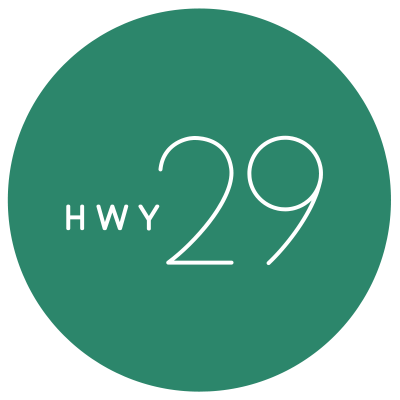How to Write Email Newsletters for Wineries That Engage and Convert
Email marketing remains one of the most effective ways to engage with your audience and drive direct-to-consumer (DTC) sales.
For wineries, the stakes are even higher as you're not just selling a product; you're selling an experience. Here's how to craft email newsletters that not only engage but also convert.
Key Benchmarks and KPIs
Before diving into the content, it's crucial to understand the metrics that will measure the success of your email campaigns. Here are some key benchmarks and KPIs to keep an eye on:
Open Rate: Measures how many people open your email. Aim for an industry average of around 20-25%.
Click-Through Rate (CTR): Indicates the percentage of email recipients who clicked on one or more links contained in an email. Anything above 2.5% is generally considered good.
Conversion Rate: The percentage of email recipients who completed the desired action after clicking on a link in your email, such as making a purchase.
Bounce Rate: The percentage of your total emails sent that could not be delivered to the recipient's inbox. A low bounce rate is a good indicator of a healthy, well-maintained email list.
ROI: Ultimately, the return on investment will tell you if your email campaigns are cost-effective.
👉 For More In-Depth Analysis:
Don't forget to check out our Advertising Benchmarks for Wineries to see how you stack up against the industry standards.
Best Practices
Personalization is Key
Personalize the email by using the recipient's name and recommending products based on their previous purchases or behaviors.
Storytelling
Share stories about how the wine is made, the history of your vineyard, or profiles of the people behind the scenes. This not only engages but also builds a connection with your audience.
Exclusive Offers
Provide exclusive offers or early access to new releases to make your subscribers feel special and incentivize them to make a purchase.
Mobile Optimization
Ensure that your email looks good on mobile devices. A significant percentage of emails are opened on mobile, so this is crucial.
A/B Testing
Always be testing. Whether it's the subject line, the call-to-action, or even the time of send, A/B testing can provide valuable insights.
Clear CTA
Your call-to-action should be clear, concise, and easy to find. Whether it's "Shop Now," "Learn More," or "Join our Wine Club," make sure it stands out.
Examples
The Welcome Email: Offer a one-time discount to new subscribers as a thank you for joining your email list.
The Educational Email: Share food pairing suggestions or behind-the-scenes looks at the winemaking process.
The Sales Email: Announce seasonal promotions or limited-time offers.
The Re-engagement Email: Haven't heard from a subscriber in a while? Send them an email asking them to update their preferences, complete with an incentive.
Conclusion
Crafting an effective email newsletter requires a blend of creativity, strategic planning, and a deep understanding of your audience's needs and behaviors.
If you're looking to take your email marketing to the next level, consider getting a free consultation from one of Hwy29's experts who launch new digital campaigns almost daily.
We can help you turn your email newsletters into a powerful sales channel.
Ready to elevate your email marketing game?
Contact us today for a free consultation.
By following these best practices and keeping an eye on key metrics, you'll be well on your way to executing a successful email marketing campaign for your winery.
Cheers! 🍷


